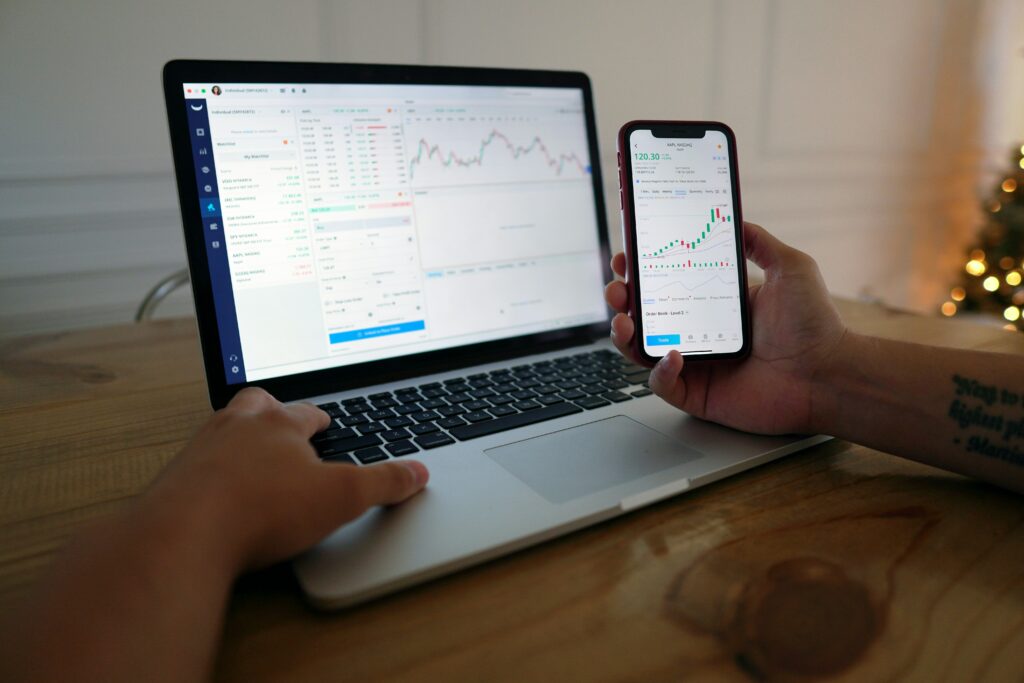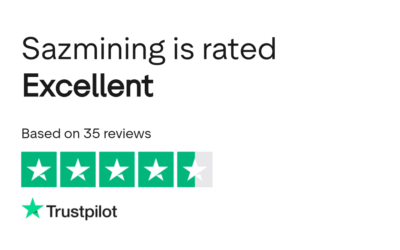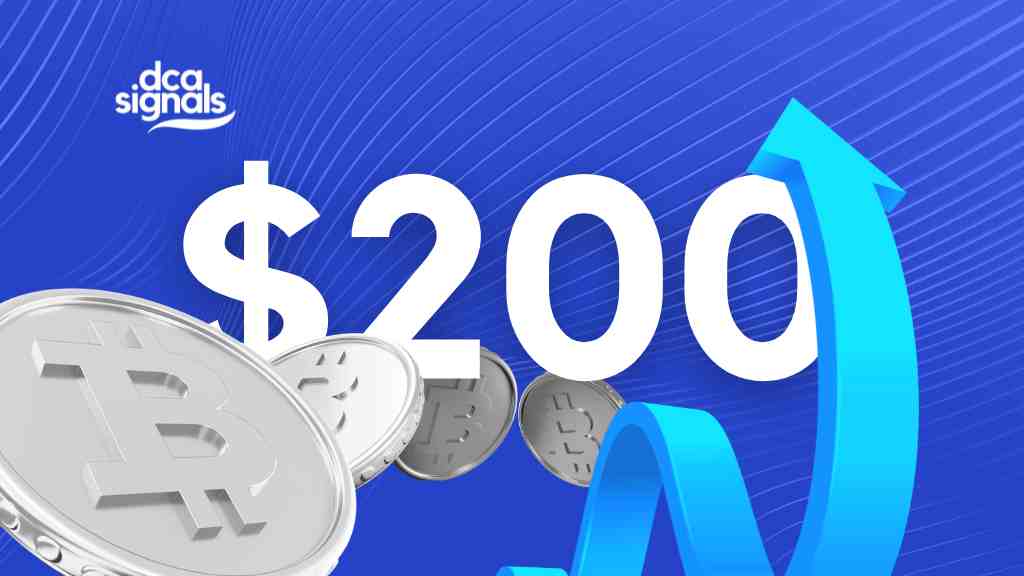Private equity, a cornerstone of the investment landscape, faced a notable slowdown in 2022, marking a shift from the robust performance seen in previous years. This article delves into the intricacies of this slowdown, exploring the key factors, implications, and strategies employed by industry players to weather the storm.
Private equity, known for investing in private companies outside the public stock exchange, witnessed a slowdown in 2022 despite a strong performance history. The industry, which had been on an upward trajectory since emerging from the global financial crisis in 2010, faced challenges as macroeconomic forces took their toll.
Inhaltsübersicht
Private Equity vs. Public Markets
Private equity has historically outperformed public markets, offering investors higher returns and lower volatility. However, the private equity slowdown in 2022 raised questions about the industry’s resilience in the face of economic downturns.
Fundraising Trends
Despite the slowdown, private equity firms continued to attract strong capital inflows, with $1.2 trillion raised in 2022. However, the distribution of these funds was uneven, with large firms better positioned to secure capital.

Factors Contributing to the Slowdown
Various macroeconomic factors, including rising interest rates, inflation, geopolitical tensions like the invasion of Ukraine, and uncertainties surrounding global economic activity, played a significant role in the private equity slowdown. The sudden reversal in the industry’s momentum in mid-2022, triggered by interest rate hikes by the US central bank, marked the end of a prolonged up cycle.
Interest Rates
Interest rate hikes in 2022 reduced the availability of debt financing, a key component of private equity deals. This, in turn, led to a decline in deal activity, as firms struggled to secure financing for new investments.
Inflation
Inflation, driven by supply chain disruptions and labor market tightening, eroded the purchasing power of private equity firms. As a result, firms were forced to reevaluate their investment strategies, focusing on more resilient sectors and companies.
Geopolitical Tensions
Geopolitical tensions, such as the invasion of Ukraine, created uncertainties in the global economy, impacting private equity investments. Firms had to navigate the risks associated with these events, leading to a more cautious approach to deal-making.
Implications and Challenges
The current economic slowdown differs from past crises like the 2007-08 financial crisis, as there is no definitive event signaling a sea change in the global economy. However, the private equity industry faces challenges such as a tightening labor market, reduced debt financing options, and lingering effects of the COVID-19 pandemic. Despite these challenges, large firms that have recently closed flagship funds are better positioned to navigate the slowdown, leveraging their financial strength and strategic planning.
Tightening Labor Market
The tightening labor market, driven by demographic shifts and the Great Resignation, has made it difficult for private equity firms to attract and retain top talent. This has led to increased competition for skilled professionals, driving up labor costs and impacting firm profitability.
Reduced Debt Financing
The decline in debt financing options has led to a more conservative approach to deal-making, with firms focusing on cash-flow-based underwriting and more stringent due diligence processes. This has resulted in a decline in deal activity and a shift towards smaller, more strategic transactions.

COVID-19 Aftermath
The COVID-19 pandemic has left a lasting impact on the private equity industry, with firms adjusting to a new normal characterized by remote work, digital transformation, and heightened risk management. The pandemic has also led to a reevaluation of investment strategies, with firms focusing on resilient sectors and companies well-positioned to navigate future crises.
Strategies and Responses
In response to the slowdown, private equity firms are adopting a cautious approach, focusing on careful target selection, patient fund deployment, and strategic investments. The industry’s resilience and ability to weather economic downturns are evident in the historical outperformance of private equity compared to public market equivalents. Fundraising trends, performance correlations, and the impact of fund size on returns are key considerations for industry players navigating the slowdown.
Target Selection
Private equity firms are focusing on resilient sectors and companies with strong growth potential, such as technology, healthcare, and renewable energy. This strategic approach allows firms to mitigate risks associated with economic downturns and capitalize on long-term trends.
Patient Fund Deployment
In a slowdown, private equity firms are adopting a more patient approach to fund deployment, focusing on long-term value creation rather than short-term gains. This patient approach allows firms to weather market volatility and capitalize on opportunities as they arise.
Strategic Investments
Private equity firms are increasingly focusing on strategic investments, such as add-on acquisitions and platform expansions, to drive growth and value creation. This strategic approach allows firms to leverage their expertise and resources, creating synergies and driving long-term success.
Schlussfolgerung
The private equity slowdown in 2022 underscores the industry’s adaptability and resilience in the face of challenging economic environments. By understanding the underlying factors, implications, and strategic responses, industry participants can navigate the slowdown effectively and position themselves for future growth and success.









